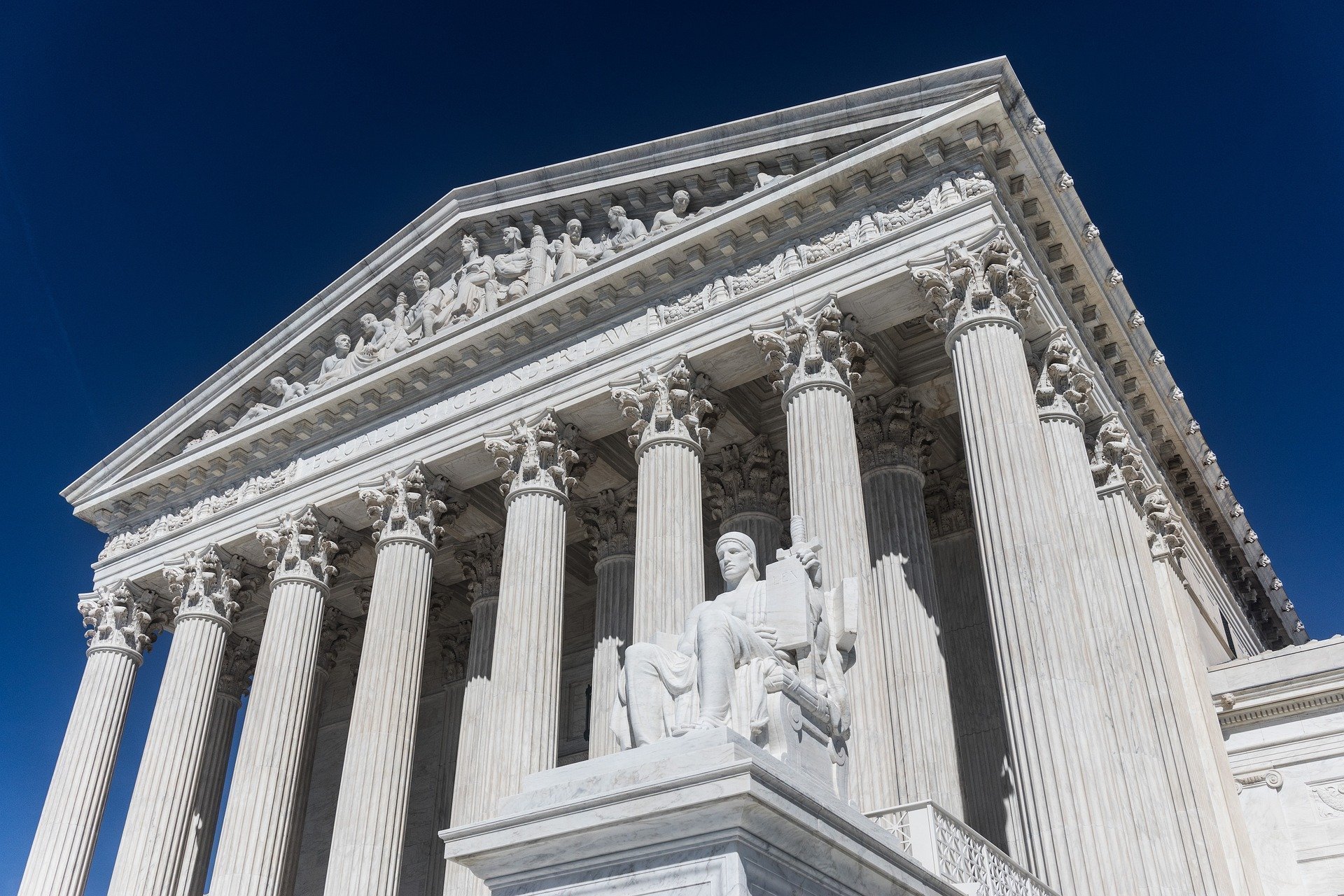
WASHINGTON – A Catholic couple from Indiana is asking the U.S. Supreme Court to intervene after the state removed their child from their home when they didn’t accept his transgender identity.
Their child, named in court filings as “A.C.” was born male but five years ago wished to be identified as female. The child’s parents, Mary and Jeremy Cox, refused to agree to this change, saying they were motivated by their religious beliefs about human sexuality.
In 2021, the state of Indiana began investigating the Cox family and later removed their 16-year-old from the family’s home and placed A.C. in a home that “affirmed” the child’s transgender identity.
“This is what every parent is afraid of. We love our son and wanted to care for him, but the state of Indiana robbed us of that opportunity by taking him from our home and banning us from speaking to him about gender,” the parents said in a statement.
The state’s removal of A.C. was prompted by abuse allegations against the Cox family, which were ultimately dropped, but the state still argued that the “disagreement over gender identity was distressing to their child” and contributed to an eating disorder he developed.
The Indiana Court of Appeals upheld the child’s removal from the home and also upheld a gag order, preventing the parents from discussing gender with their child other than at family therapy appointments.
The family, represented by the Becket Fund for Religious Liberty, filed a brief with the Supreme Court Feb. 15 which said the case “presents a legal question of nationwide importance: when can the state muzzle parental speech and remove a child from the home of admittedly fit parents?” It also said the state’s decision goes against Supreme Court’s rulings on parental rights, free speech, and religious exercise.
“Amid this fraught landscape, with the lives of real children and families hanging in the balance, this court should grant this petition and affirm its precedents on the right of fit parents to custody of their children,” the filing said.
“If this can happen in Indiana, it can happen anywhere,” Lori Windham, vice president and senior counsel at Becket, said in the group’s press release. “Tearing a child away from loving parents because of their religious beliefs, which are shared by millions of Americans, is an outrage to the law, parental rights, and basic human decency.”
Indiana claims that the family’s dispute is now moot because their child has since turned 18, but the parents have said they wish to hold the state accountable for its actions.
The high court receives thousands of petitions each year and usually hears between 60-70 of cases each term. If the court agreed to take this case, it would likely be for the next term since this term’s docket is already very full.
The court has recently avoided taking up transgender cases including its rejection in January of a dispute about a transgender student’s bathroom access.
